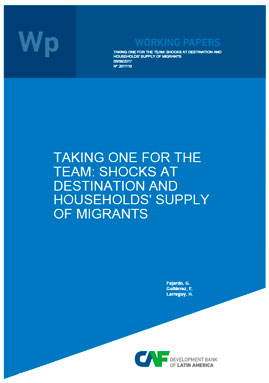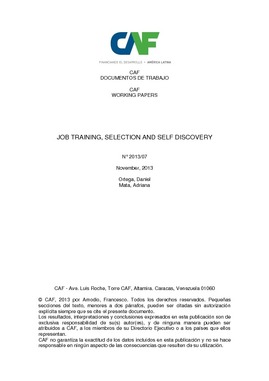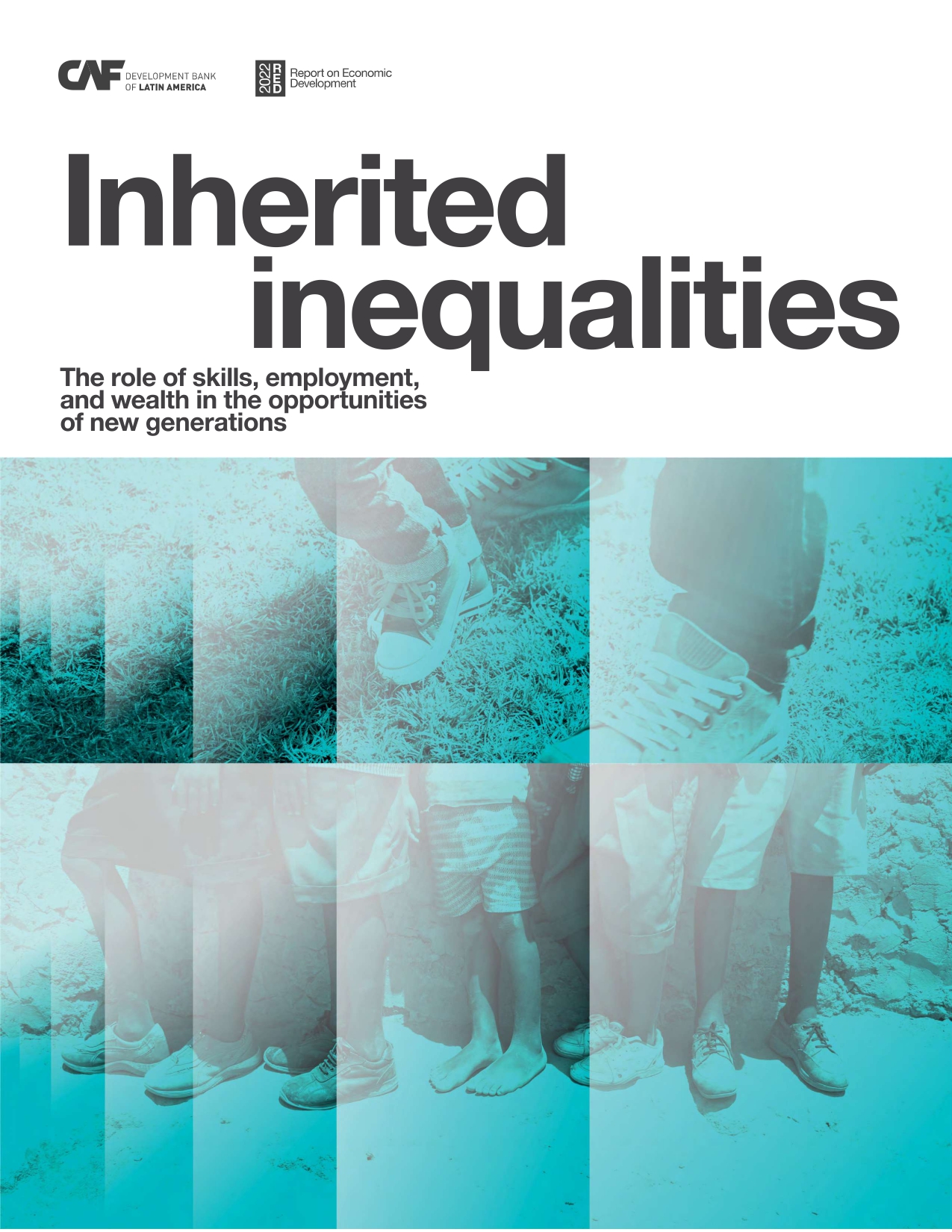Mostrar el registro sencillo del ítem
Lasting Scars: The Unequal Impacts of Unemployment in Latin America
| dc.contributor.author | Alves, Guillermo | |
| dc.contributor.author | Varvasino, Joaquín | |
| dc.coverage.spatial | América Latina y el Caribe | es_ES |
| dc.date.accessioned | 2022-12-14T19:41:17Z | |
| dc.date.available | 2022-12-14T19:41:17Z | |
| dc.date.issued | 2022-12-13 | |
| dc.identifier.citation | Alves, G., & Varvasino, J. (2022, December 13). Lasting Scars: The Unequal Impacts of Unemployment in Latin America. Retrieved from https://scioteca.caf.com/handle/123456789/1987 | en_GB |
| dc.identifier.uri | https://scioteca.caf.com/handle/123456789/1987 | |
| dc.description.tableofcontents | We study the impact of the unemployment rate at the time of labor market entrance on the labor outcomes of individuals of different social origin in 18 Latin American countries. Higher unemployment increases the probability of being unemployed, decreases the likelihood of being a firm owner, and increases the chances of being a self-employed farmer. These effects persist even ten years after the start of the labor career and differ depending on the social origin of individuals. The effects on the chances of being unemployed are only observed for individuals of lower social origin. Higher unemployment rates at the beginning of their careers also make these individuals much less likely to have their own business compared to those of higher social origin. In contrast, the effect of early unemployment rates on the increased likelihood of being a farmer is more pronounced among individuals of high social origin. | es_ES |
| dc.language.iso | en_US | es_ES |
| dc.subject | Desempleo | es_ES |
| dc.subject | Investigación socioeconómica | es_ES |
| dc.title | Lasting Scars: The Unequal Impacts of Unemployment in Latin America | es_ES |
| dc.type | workingPaper | es_ES |
Ficheros en el ítem
Este ítem aparece en la(s) siguiente(s) colección(ones)
-
6.1 Documentos de trabajo en investigación socioeconómica
En esta colección se encuentran los documentos de trabajo sobre temas económicos y sociales prioritarios para la región.




